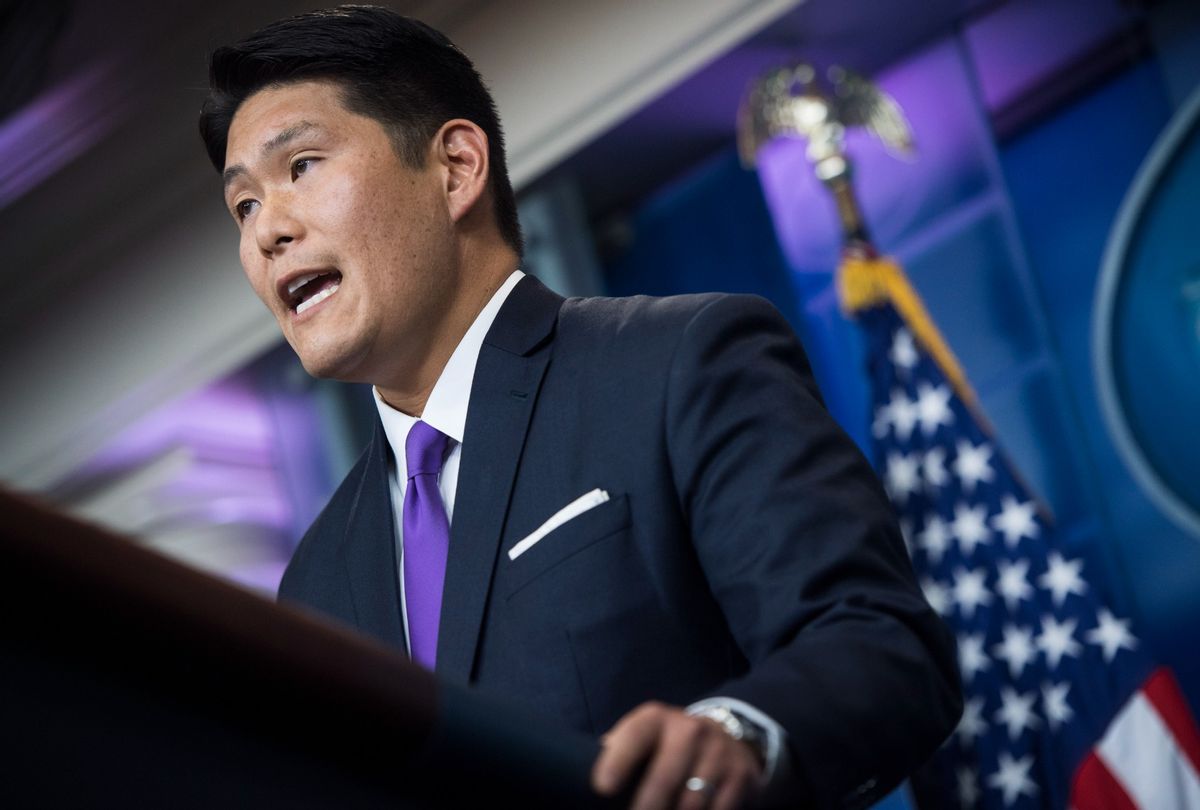Special counsel Robert Hur, who investigated and declined to charge former President Joe Biden over classified materials found in his home and office, resigned from the Justice Department and will appear as a private citizen in his testimony to the House Judiciary Committee, according to The Independent’s Andrew Feinberg.
Hur, a Trump-appointed U.S. attorney who was tapped to lead the Biden probe by Attorney General Merrick Garland, formally stepped down one day before his Tuesday appearance at the request of Republicans led by Chairman Jim Jordan, R-Ohio. He drew criticism from Biden and the Democrats for criticizing the president’s memory in the report even as he declined to charge him.
Former Mueller prosecutor Andrew Weissmann explained that the Justice Department “cannot give instructions” to a former employee about what he “can and cannot testify to.”
“That makes it even more problematic from our perspective ... if he was still a federal employee, DOJ would have to approve his testimony and they’d be involved in his appearance tomorrow,” a Democratic Judiciary Committee source told The Independent.
“It’s hard not to anticipate some real ugliness with Robert Hur’s testimony,” tweeted former U.S. Attorney Harry Litman. “He already showed his partisan colors in the inappropriate parts of his report. And he and the [Republicans] obviously contemplate he can vilify Biden now that he’s testifying as a ‘private citizen.’”



Shares